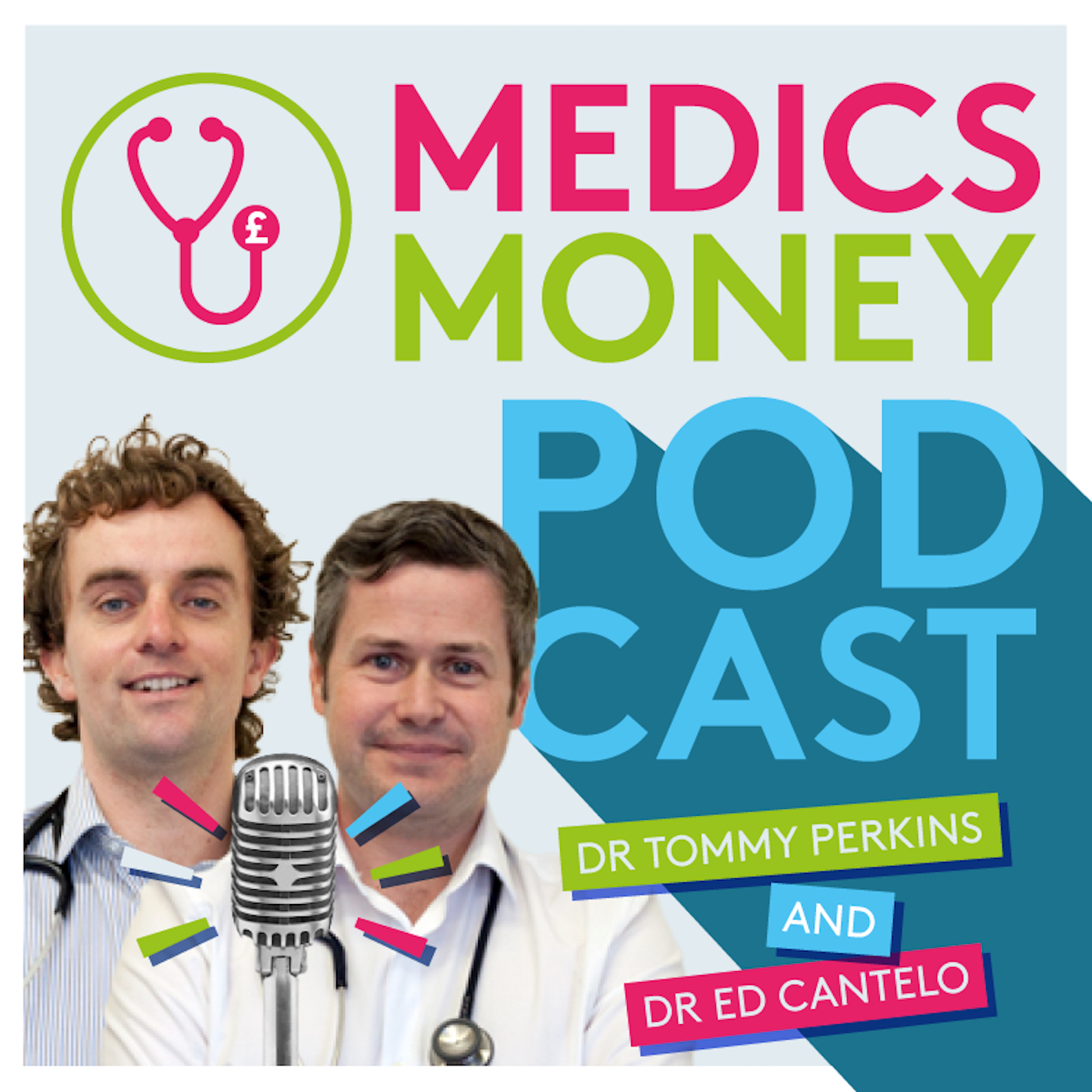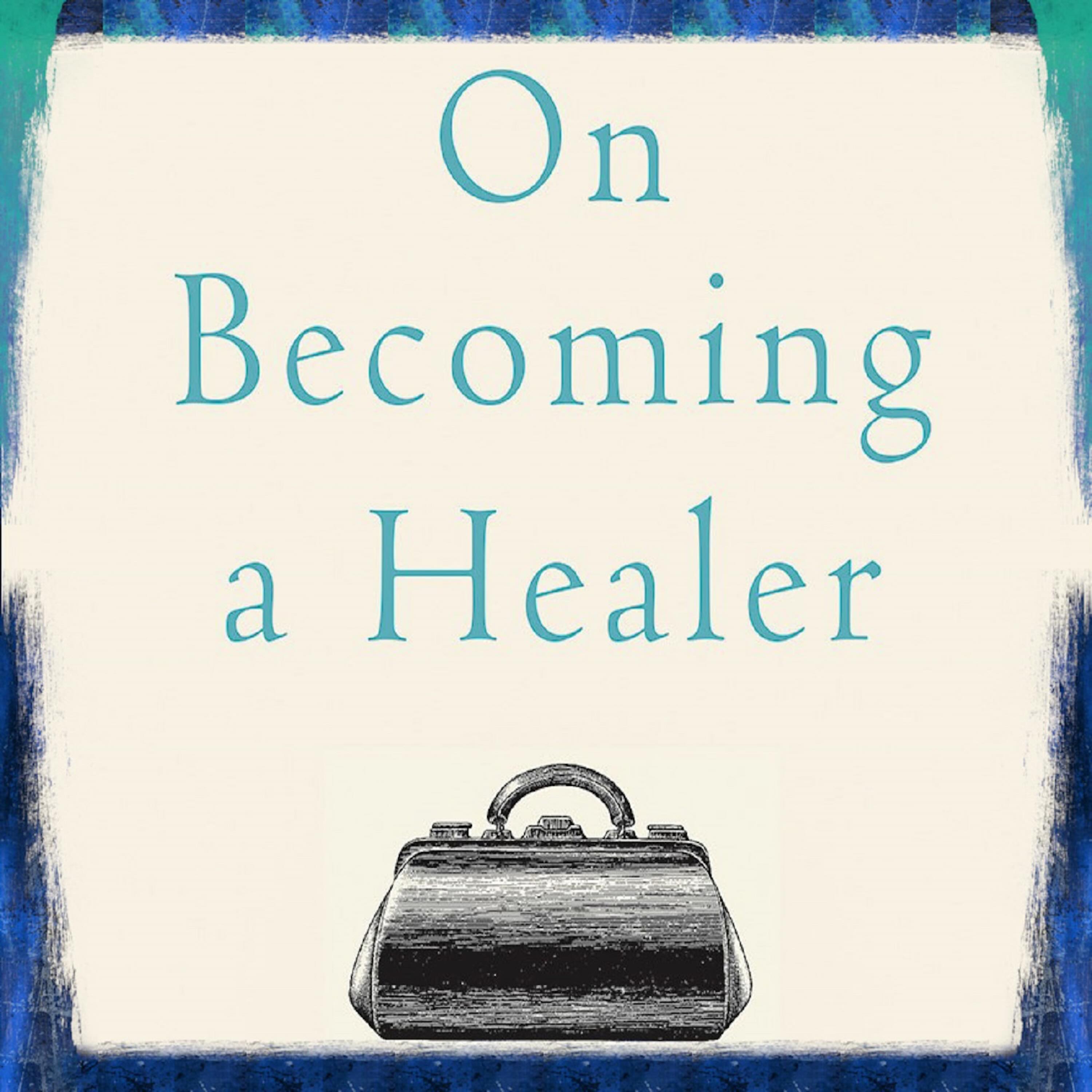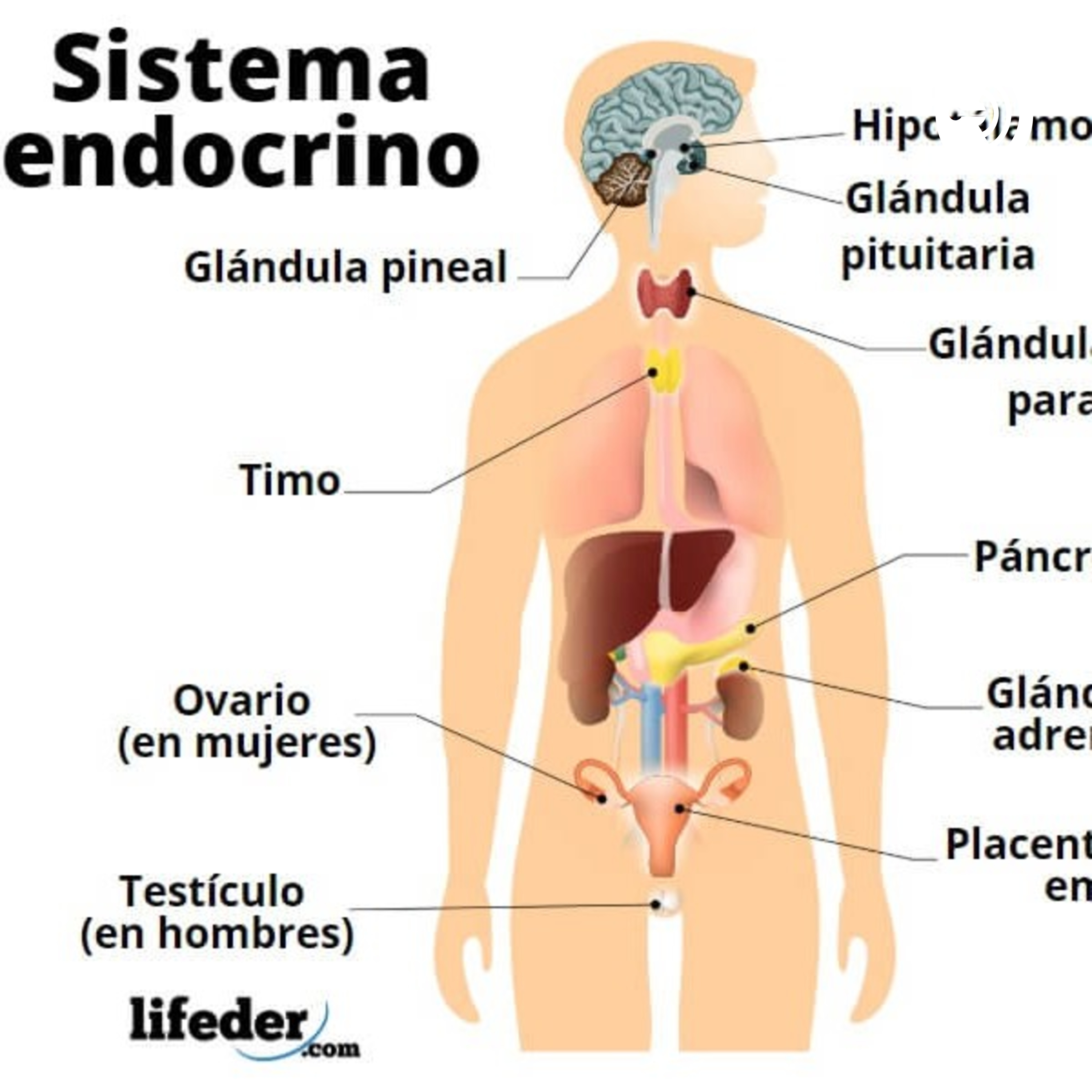 |
BOSS Business of Surgery SeriesAuthor: Amy Vertrees, MD
Welcome to BOSS Business of Surgery Series! This program was specifically designed to help surgeons learn concepts not taught in residency but necessary for a successful surgery career. We were not told that most of our job would be interacting with others. We thought it was about the technical success of surgery or the knowledge that we learn. But it is so much more. Difficult partners and colleagues. Dealing with complications. Negotiating with administration. Running a successful and efficient clinic that doesnt take bleed into our home life. How to have a life outside of surgery But if we dont learn these concepts, we will end up in a negative spiral that will lead us into misery. And all of the time we spent training for the job we love, that could be so rewarding, is lost. You know there has to be a solution out there. That you cant be the only one unhappy or wondering if it is just you. Its time for a program that addresses your specific problems run by someone who knows what you are going through. You need a fellow surgeon who knows the way. You need a surgeon who has been where you are and found her way out to the other side: -Loving surgery again -Not taking work home -finishing notes immediately after clinic and heading home on time -Not letting complications set you back -Interacting with others with confidence -Finally seeing that you can control the results you get at work and home You can find out more about Dr. Vertrees and her work at www.BOSSsurgery.com. Language: en Genres: Business, Careers, Health & Fitness, Medicine Contact email: Get it Feed URL: Get it iTunes ID: Get it |
Listen Now...
Ep 207 Emotional capacity is the key to success (or downfall) of your surgery career
Monday, 17 November, 2025
In this episode, Dr. Amy Vertrees—general surgeon, coach, and founder of the Boss Surgeons coaching community—dives into one of the most overlooked competencies in surgical training: emotional capacity. Surgeons are taught how to operate under pressure, handle emergencies, and constantly pursue excellence. But very few are ever taught how to feel the intense emotions that come with the job, let alone process and recover from them. As a result, emotional capacity—rather than building over time like technical skill—often shrinks, quietly eroding confidence, performance, and well-being. This episode breaks down what emotional capacity truly is, why it matters, and how surgeons can intentionally rebuild and expand it. What You’ll Learn in This Episode • Emotional capacity defined—and why surgeons need it Emotional capacity is the ability to feel, process, and recover from emotions. It is essential for longevity in surgery, yet rarely discussed in training programs that focus almost exclusively on skill and knowledge. • The emotional challenges surgeons face daily Regret, worry, fear, insecurity, and self-doubt aren’t signs of weakness. They’re part of the job. When they go unprocessed, they create burnout, impulsivity, and emotional blunting. • Why emotional capacity can shrink over time Unlike surgical skill, emotional capacity declines if neglected. Unprocessed emotions accumulate and begin to drive behavior, often without awareness. • How to recognize and name emotions with clarity "You cannot process what you cannot name." Dr. Vertrees shares how using the example of regret during a case transfer can transform shame or resentment into motivation and learning. • Managing intensity without being overtaken by it Surgeons constantly shift between high-intensity events and routine interactions. This requires compartmentalization—but too much compartmentalization leads to emotional numbness. • Breaking the prolonged stress cycle Chronic stress signals the body that it is unsafe. Dr. Vertrees explains how simple techniques like box breathing help return the nervous system to safety and restore capacity. • Releasing unrealistic responsibility Surgeons are trained to "own everything," which often leads to carrying burdens far beyond what is reasonable or controllable. • Reconnecting with yourself Disconnection from one’s own needs is one of the earliest and most dangerous signs of burnout. Reconnection is essential for restoring emotional bandwidth. • How to rebuild emotional capacity You’ll hear practical strategies including: Identifying and allowing emotions without judgment Creating micro-pauses Noticing the thoughts generating feelings Allowing joy, gratitude, and celebration to expand capacity Understanding that confidence comes from acting with difficult emotions, not from eliminating them • Coaching as a tool for building emotional strength Dr. Vertrees shares how coaching can help surgeons process emotions effectively, reconnect with themselves, and reclaim confidence. Episode Chapters 00:00:02 — Introduction to Emotional Capacity in Surgery 00:01:29 — Understanding Regret as an Example 00:03:34 — Emotional Capacity vs. Skills and Knowledge 00:05:57 — Expanding Emotional Bandwidth Under Pressure 00:08:05 — Managing Intensity Without Being Overtaken 00:09:44 — Recovery and Compartmentalization 00:11:36 — Self-Regulation and the Prolonged Stress Cycle 00:14:04 — Managing the Load of Responsibility 00:16:05 — Staying Connected with Yourself 00:18:47 — Rebuilding Emotional Capacity 00:26:07 — Conclusion and Coaching Opportunities Action Items for Surgeons If you’re feeling overwhelmed or burned out, reach out to a coach who understands surgeon-specific challenges. Start a small gratitude practice to create space for positive emotions and prevent emotional saturation. Join the Boss Surgeons coaching group—signing up now grants the rest of 2025 free as we enroll for the 2026 program year. Visit bosssurgery.com to learn more about 1:1 coaching, the Boss Surgeons group, and upcoming programs.










